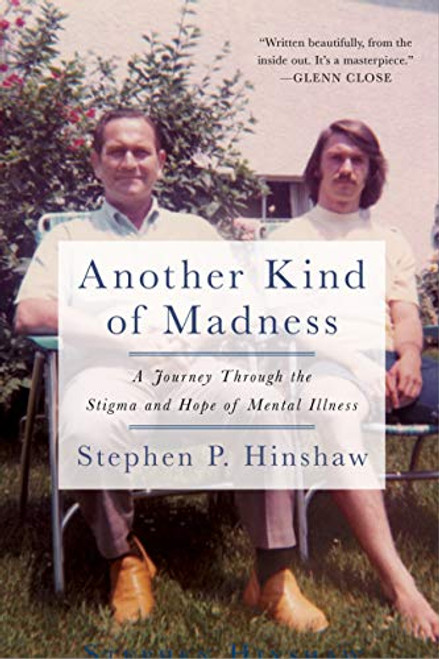It all began one morning last July when we noticed a young man of twenty-six crying in his bed in Dr. Pitre's ward. He had just come from a long journey on foot and was exhausted, but that was not the cause of his tears. He wept because he could not prevent himself from departing on a trip when the need took him; he deserted family, work, and daily life to walk as fast as he could, straight ahead, sometimes doing 70 kilometers a day on foot, until in the end he would be arrested for vagrancy and thrown in prison.
Dr. Philippe Tissie, July 1886
Thus begins the recorded case history of Albert Dadas, a native of France's Bordeaux region and the first diagnosed mad traveler, or fuguer. An occasional employee of a local gas company, Dadas suffered from a strange compulsion that led him to travel obsessively, often without identification, not knowing who he was or why he traveled. He became notorious for his extraordinary expeditions to such far-reaching spots as Algeria, Moscow, and Constantinople. Medical reports of Dadas set off at the time of a small epidemic of compulsive mad voyagers, the epicenter of which was Bordeaux, but which soon spread throughout France to Italy, Germany, and Russia.
Today we are similarly besieged by mental illnesses of the moment, such as chronic fatigue syndrome and attention deficit hyperactivity disorder. The debate rages about which of these conditions are affectations or cultural artifacts and which are real. In Mad Travelers, Ian Hacking uses the Dadas case to weigh the legitimacy of cultural influences versus physical symptoms in the diagnosis of psychiatric disorders. He argues that psychological symptoms find stable homes at a given place and time, in ecological niches where transient illnesses flourish.
Using the records of Dadas's physician, Philippe Tissie, Hacking attempts to make sense of this strange epidemic. While telling his fascinating tale, he raises probing questions about the nature of mental disorders, the cultural repercussions of their diagnosis, and the relevance of this century-old case study for today's overanalyzed society.












